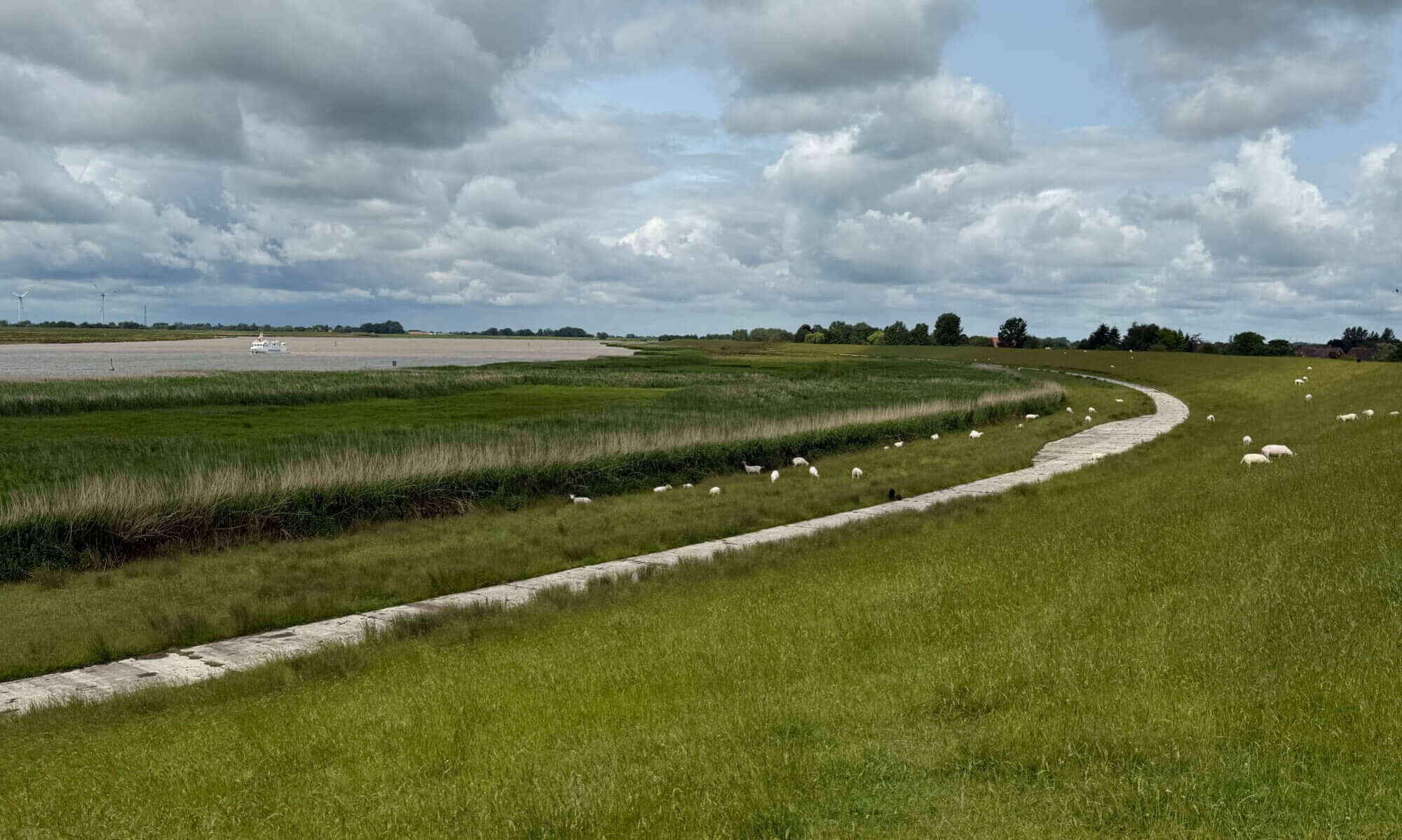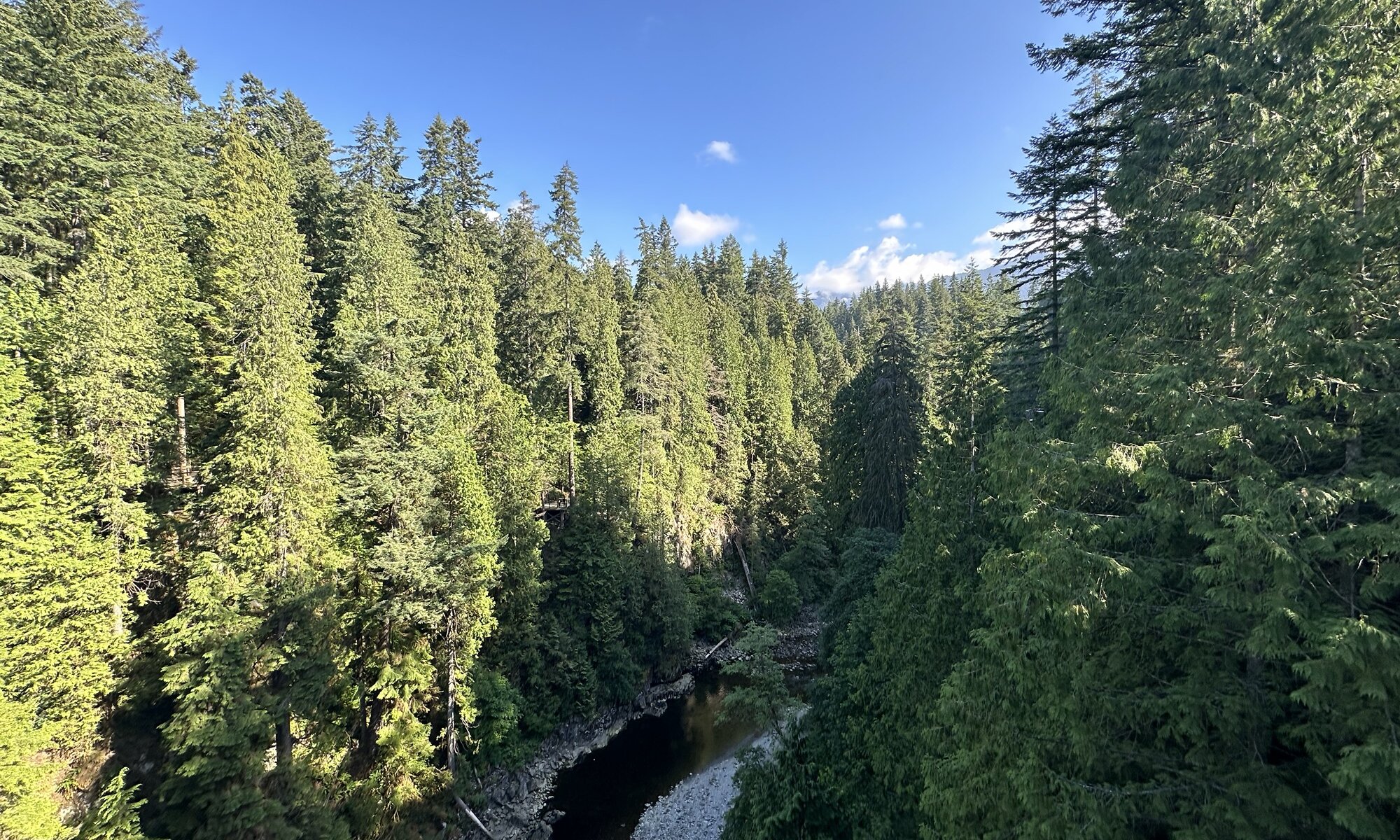I hadn’t seen much of North America so far and never been to its western coastline, that was one of the very good reasons to visit Canada for the very first time. So far the country was linked in my head only to maple syrup, ice hockey and the fictive character Robin Scherbatsky from How I Met Your Mother. That was about to change but first I had to get a heavy jetlag caused by nine hours of time shift out of my head. My first stop was Vancouver where I had to discover some truth about my holiday location.
First of all, Canada is a very costly destination. Even parking your car feels like buying the parking lot. Second, most people are carrying a reusable water bottle with them that can be refilled virtually everywhere (copy that!). Third, everyone is truly polite and friendly. What really surprised me is that the country has so many Japanese and Chinese restaurants, but that is caused by my personal Eurocentrism and thereby ignoring the fact, that Asia is really close in this part of the world. But the very first surprise I had with my hotel at Vancouver mirrored by all the following hotels: there are no rooms dedicated to single travelers and there is most often no breakfast.
What I consider the best of a hotel stay isn’t included here, a lot of hotels simply don’t have a breakfast restaurant. The gap is closed by eateries nearby and you end up with eating Poutine a lot of times. Honestly, I’ve never eaten so much Sauce Hollandaise like while being at Canada. Vancouver is a nice city with lots of water, but it hasn’t much historical buildings. My tour took me from Vancouver by ferry boat to beautiful Vancouver Island with its splendid nature. Afterwards I went via Whistler and Kamloops into the amazing Canadian Rocky Mountains. Jasper was even better than Banff and I enjoyed Maligne Lake more than Lake Louise. But that’s choosing between two truly wonderful and breathtaking places.
I ended my tour at Calgary without seeing much of the city. Overall it wasn’t the cities that attracted me, it was the landscape with high mountains, lush forests, green and blue lakes. It was the wildlife with bears, grizzlies, chipmunks, squirrels, elks, mountain goats, and caribous – sometimes simply appearing directly next to the road. That’s what will stay now in my head as the real image of Canada. On this trip I’ve only seen parts of Alberta and British Columbia; I’m pretty sure one day I have to return, especially for the French-speaking east coast.
A short history of Canada
The history of Canada is deeply rooted in the land’s indigenous peoples, who have lived across the vast continent for thousands of years, with distinct cultures, languages, and societies. Before European exploration, First Nations, Inuit, and Métis peoples were thriving with complex systems of governance, trade, and spiritual beliefs. The arrival of European explorers in the late 15th century, most notably John Cabot in 1497, marked the beginning of European interest in North America. The French were the first to establish a permanent presence, founding New France in the early 1600s.
The French settlers primarily focused on fur trading and established strong relationships with indigenous peoples. However, the British also sought control over the region, and after a series of conflicts and wars, including the Seven Years’ War (1756-1763), the French ceded much of their North American territories to Britain.
Canada’s journey toward nationhood was shaped by its colonial history under both French and British rule, eventually leading to the formation of Confederation in 1867. On July 1, 1867, the British North America Act united the provinces of Ontario, Quebec, Nova Scotia, and New Brunswick into a single Dominion under the British Crown, marking the birth of the country of Canada. Over the following decades, Canada expanded westward and became a self-governing nation, though it remained under British sovereignty until the Statute of Westminster in 1931 and achieved full independence with the Constitution Act of 1982 (even I was already born by then).
Throughout its history, Canada has developed a reputation for being a multicultural and peacekeeping nation, known for its strong democratic values, respect for human rights, and commitment to social welfare. Today, Canada is recognized as one of the most prosperous and peaceful nations in the world, with a rich cultural mosaic shaped by its indigenous heritage and the diverse peoples who have immigrated to its shores. And for being sorry very often.
British Columbia / Alberta
Canada
Loading map...


